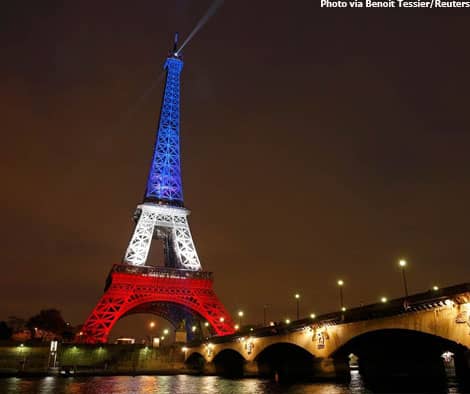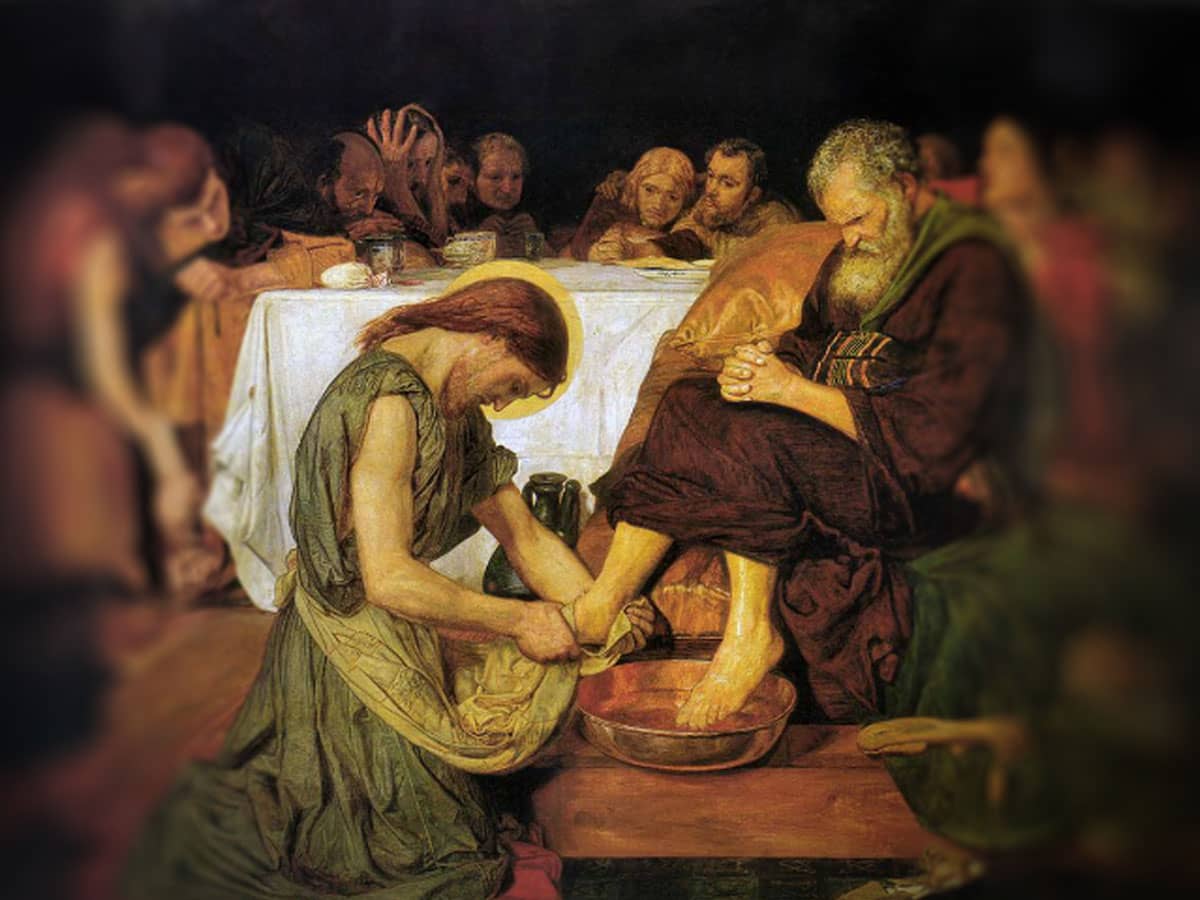Paris is burning. The world is in mourning. Richard Dawkins, among others, has wasted no time in blaming not only ISIS but Islam -- indeed religion itself -- in general. It is perhaps comforting to have a simple and easy answer to a deeply troubling question. It is rarely, however, correct or thorough.
Taking a closer look at the last Dawkins tweet linked above:
Why are people so desperate, desperate, DESPERATE to find something, anything, ANYTHING to blame in order to avoid blaming religion?— Richard Dawkins (@RichardDawkins) November 14, 2015
One could, as always, turn the question back on Dr. Dawkins and ask why he's always so insistent that religion is the only problem. Let me be clear about this: religion can and does contribute to the type of violence visited upon Paris last night. It is not, however, the sole motivating force in these attacks.
It's not difficult to find Muslim leaders condemning these attacks. Contrary to a particular, persistent, and pernicious narrative in the media, it never is difficult to find such condemnation. It is unfortunately difficult to deal with this as an isolated issue.
There are two points I'd like to make here. The first is that religion cannot be dealt with as a standalone issue. The second is that the wish for such a concrete answer to a complex and puzzling issue belies an apocalyptic outlook.
To the first point, the claim of the so-called Four Horsemen of New Atheism that religion is the problem carries the solution of the elimination of religion. This proposal is based on the theory of secularization that states that religion will decline as scientific knowledge increases. This is a theory that few in the study of religion -- be they believers or not -- take seriously any longer. The data do not back it up. Some will, at this point, bring up Western and Northern Europe: it seems to be working there. Yet it doesn't work here or in the developing world. In fact, if anything, Northern and Western Europe are the sociological outliers. Taking a global view, religious belief is not broadly on the decline (religious practice may be, but that is a point for a different time).
What proponents of the elimination of religion miss is that religion is not a stand-alone feature of a society. To use an analogy to human nutrition, religion is one micronutrient. Its presence or elimination alone tells us too little about the entire nutritional picture to make sound and healthy decisions. Societies might function without religion. They might not. Similarly, a zinc supplement might help or do nothing depending on the condition it's intended to treat. It is one micronutrient among many.
Additionally, the insistence that religion is at the core of terrorism ignores the effects of colonialism, both in its past form of overt political colonizing and in its current form of economic neo-colonialism. Focusing on a religious justification for this violence has the effect, intended or otherwise, of absolving the West of our complicity in the conditions that have given rise to this violence. "It's not because we overthrew Mossadegh," we say to ourselves. "Iran is a mess because of Islam."
This brings me to my second point. Those who would simply and quickly lay the entirety of blame for terrorism at religion's doorstep are engaging in a type of apocalyptic. As a genre of religious literature, apocalypses serve to give certain answers to uncertain times. They can be a comfort, if understood properly. If misunderstood as literal depictions of things-to-come, we get the Left Behind novels. I am sure that those who enjoy Dawkins's or Sam Harris's or Ayaan Hirsi Ali's polemics against religion will object to my characterization.
Why, if they're not seeking a simplified answer to a complex problem, are the perpetrators of "religious violence" the only ones who are ever deemed sufficiently sincere in their religiosity to stand publicly for belief? Why are the pastors who stood for marriage equality in Massachusetts during the Goodridge case or those who stand against Kim Davis of Rowan County, KY insufficiently religious?
Why does ISIS get to define Islam when literally hundreds of mullahs and imams who deny their interpretation of the faith are not given equal credence?


